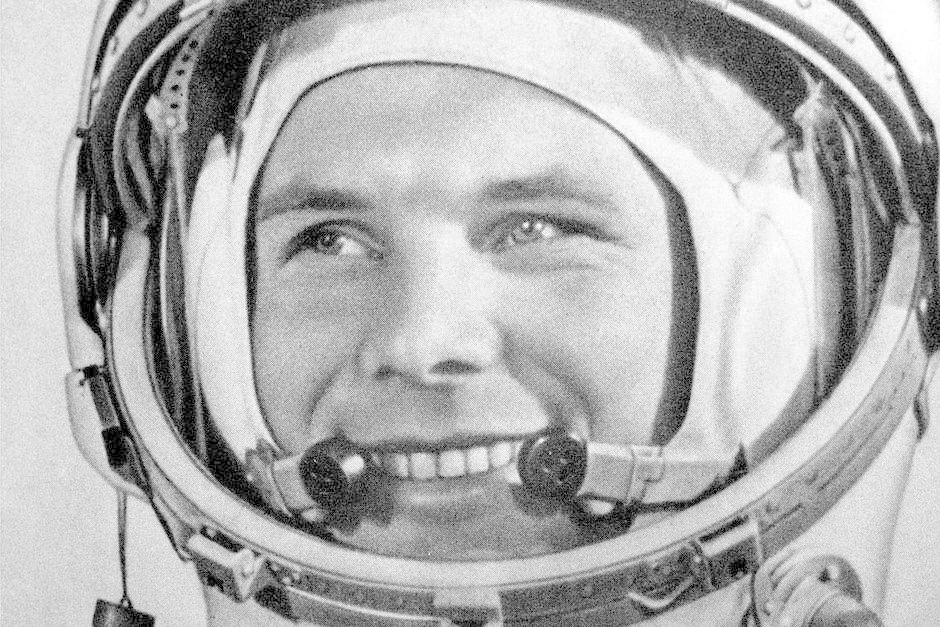
I’ve spent a lot of time in outer space.
Not me personally, of course, but, me, the other me. The controller-toting me that’s explored the vast distances of the cosmos. For the history of mankind, we’ve dreamed of flight and looked at the moon with wonder. Then there was the space program and now private space travel and I spend countless hours virtually inhabiting the deep unknown.
But when did exploring the cosmos become so easy?
– – –
It hadn’t occurred to me that everytime time I boot up Dead Space or Super Mario Galaxy, I’m making a huge presumptive leap. It’s the not the travelling in space that’s exciting or frightening — it’s the getting there. Chloe Arjidis’ love letter to Russian cosmonauts in this month’s Granta lays bare the cold, difficult realities of mankind’s first forays into the atmosphere.
We take for granted now what the Russians did not know — what would happen to body when it left the familiar surface of the Earth? Aridijis outlines several books from her research that speculated on potential problems and how to select the right astronaut:
They cover themes such as the side effects of weightlessness (loss of body sense and coordination, terror, confusion), the difficulty of long periods of silence, the emotional impact of outer space. One tome suggests applying the four humours to the process of task selection: the choleric individual is quick to learn but, prone to impatience, makes mistakes – therefore best for special assignments rather than routine ones; sanguine types flourish under variety and constant excitement rather than repetition (Gagarin was apparently one of these); phlegmatic types, on the other hand, are recommended for systematic activity; and melancholic types . . . cannot become cosmonauts due to their nervous, fearful temperament, and are best suited to be scientific advisors on ground.
That there were certain dispositions that were fit for space travel and those who are not is worth highlighting as we’re on the advent of “space tourism.” But that fear of the unknown is part of what makes the beyond so alluring. Arijidis points out that “initially, it was unclear how man in space would react, how he would endure weightlessness and ‘unknown nervous-emotional overloads’.”
But games tend to gloss over these fears. Space is merely a MacGuffin used to entertain a certain mechanic — weighlessness, lasers, aliens, whatever. But rarely does space itself have any signficance such that those of the earliest space explorers faced. Ironically, before we inhabited it, space was unbelievably human.
So for game designers hoping to set their next title in the final frontier, rather than another space marine epic, consider the litany of realities that an astronaut faces on the everyday level, down to the simple question of how to spend one’s time:
And then there was the monotony of space, the long stretches of nothingness, whether experienced alone – certainly the deepest emptiness of all – or in a small group, when tensions nearly always arose. Despite the speed of the aircraft, inside there was often no sensation of movement and everything appeared fixed and motionless. Moments of sensory bombardment alternated with extended periods of sensory deprivation. The first few cosmonauts were given books; later ones, curiously, were instead handed knives, wood blocks, coloured pencils and paper with which to pass the time. Some individuals would apparently become so exasperated with the lack of stimuli that they’d wish for the equipment to break down simply to provide some variety.
Believe it or not, that monotony would make space an interesting place for me to explore again.